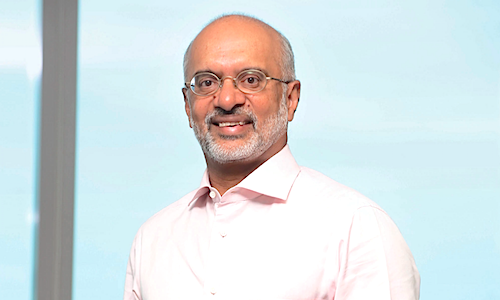Piyush Gupta: «Covid Will Sharpen the Sensibilities of Companies»
DBS group chief executive Piyush Gupta believes that the pandemic will serve as a turning point in history that will have profound implications for environmental and social issues.
The ongoing pandemic, according to DBS’s Piyush Gupta, will mark a turning point for world history at the end of which world developments could be significantly propelled into new and profound directions.
He likened the current events to some key historical periods like the 1930s when the Great Depression led to the widespread introduction of social security; WWII which eventually led to the creation of the Bretton Woods system; and 1989 which marked the end of the Cold War and set the stage for the modern world.
«This is not just cyclical damage. This is not just a massive slowdown [..] with a V, U or W-shaped recovery,» Gupta said in the opening remarks of the virtual «DBS Asian Insights Conference 2020». «Covid is going to sharpen the sensibilities of companies»
«Build Back Better»
Although most capital is currently directed for short-term needs such as maintaining employment, servicing debt or consumption, Gupta believes that the economy will soon transition into an investment stage. And at that point, he sees a real opportunity to invest differently and rebuild a more sustainable foundation for the future economy.
«A lot of people are focused on the speed [of the recovery],» Gupta said, highlighting qualitative factors of the recovery instead. «This is a fantastic opportunity to invest differently, to try and build back better.»
DBS Initiatives
As part of its sustainable agenda, DBS has focused on three main areas: increasing stainable financing; improving and managing the sustainability factors of its own business operations; and reaching out to communities and the society at large to directly make a difference.
And just a few weeks ago, the bank also launched what it believes is the world’s first sustainable finance transition framework to help companies gradually shift their businesses to become greener.
«This is an opportunity for us to think diff about what is the kind of world we want,» Gupta said. «What kind of world can we afford? What will the planet allow us to do? How do we define a value prism which is different from: growth at all cost?»



























